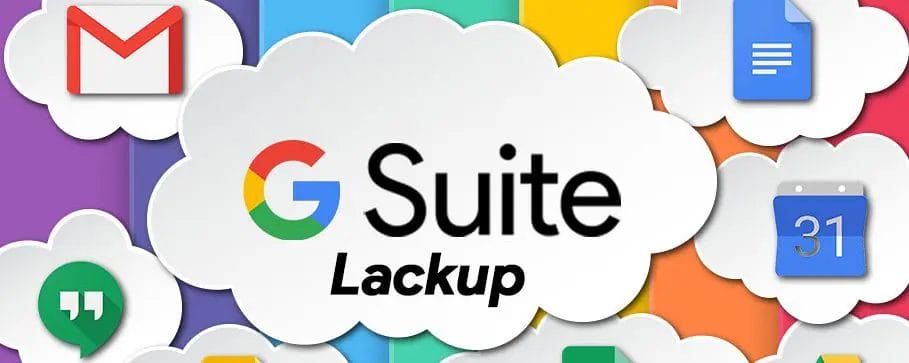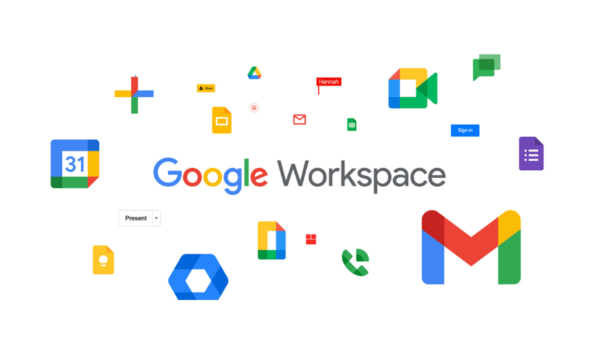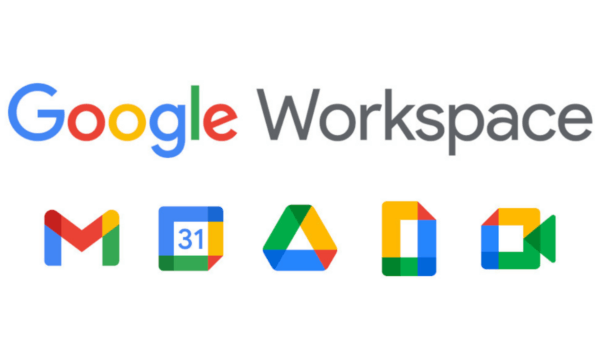We’ve invented a new word for cloud storage services that like you to think they’re backup, but aren’t – ‘lackup’!
And nowhere has lackup become more evident in recent weeks than in Google’s updates to its G Suite terms and conditions (T&Cs).
They have gone from this (which raised lackup alarm bells as it was):
‘We don’t make any commitments about the content within the Services…Google, and Google’s suppliers and distributors, will not be responsible for lost profits, revenues, or data…’
To this:
‘Google won’t be responsible for… loss of profits, revenues, business opportunities, goodwill, anticipated savings, indirect or consequential loss, [or] punitive damages.’
We’ve said it before in one of our recent posts (which we’ve now also updated), and we’ll say it again: lackup vendors will store your data, sync your data, and enable you to retrieve your data – but they do not back it up. When the data’s gone, it’s gone forever.
And if anything, the updated verbiage above simply proves that Google view this as a significant and growing G Suite risk that they must now insure themselves more determinedly against.
You deserve to know what that risk to your data (and your business) looks like, so here’s the unvarnished truth…
G Suite is not in the data retention game
Notwithstanding G Suite’s productivity-enhancing convenience, it is simply not geared up for long-term data access, and the proof for this is that, at every turn, it seems to major on the opportunities for removing your data rather than retaining it!
After 30 days, for example, deleted items are automatically purged from your trash and you cannot restore them.
(Admins can retrieve them for you – but only for a further 25 days, or 30 days if they have access to an API designed and built for this purpose – which many don’t). After that, the data disappears – irreversibly.
Even if this seems halfway workable, it’s also only half the story, because your deleted contacts and folder structures are gone forever after 30 days.
Perhaps most alarmingly of all, a deleted user account – whose activities, output, and storage could form crucial evidence in a compliance, dispute or litigation scenario – is retained for only 20 days and then becomes permanently unrecoverable, potentially taking your business’s defence case down with it.
And all the versioning that is supposed to happen in between often doesn’t, since G Suite only versions files that are in native Google formats. The scores (hundreds, thousands) of non-Google files your organisation generates every day (Excel, Word, Powerpoint…) are available in the most recent version only. Assuming they haven’t been blitzed from your deleted items already, that is…
G Suite may be a gold mine for Google, but despite its many benefits and merits it also bears all the hallmarks of a 24-carat lackup.
Why’s backup so important?
Your G Suite data is subject to multiple data-threatening risks daily, including (amongst many others), accidental or deliberate deletion, malware / ransomware, non-compliance and G Suite outages.
The right backup is key to ensuring that there are multiple, secure copies of your data elsewhere in the cloud, so that your organisation can carry on accessing and using its data from these alternative sources, even if it can’t get to it in G Suite.
(Hint: you should be able to access any historical or current version of any file and to do so for a great deal longer than 60 days post-deletion!)
So what does real backup look like?
Ease of use (‘set and forget’), and complete and seamless coverage not only of all your G Suite files, but also file structures, permissions, settings, etc., are critical, as is speed of restore and re-access.
Naturally, robust data security and protection against ‘ransomweb’ and similar malware that can infect G Suite and then be passed on to poorly configured backup products is also a must.
For more information on what constitutes genuine and effective backup, understanding the features to look out for, and balancing costs against benefits, this previous post will prove helpful.
Lackup, backup – there’s only one consonant’s difference, but no amount of new verbiage from Google will hide the fact that they’re worlds apart.
Remember – Google’s cloud is not your backup. But we can be. Contact us today to start your G Suite Backup trial.



